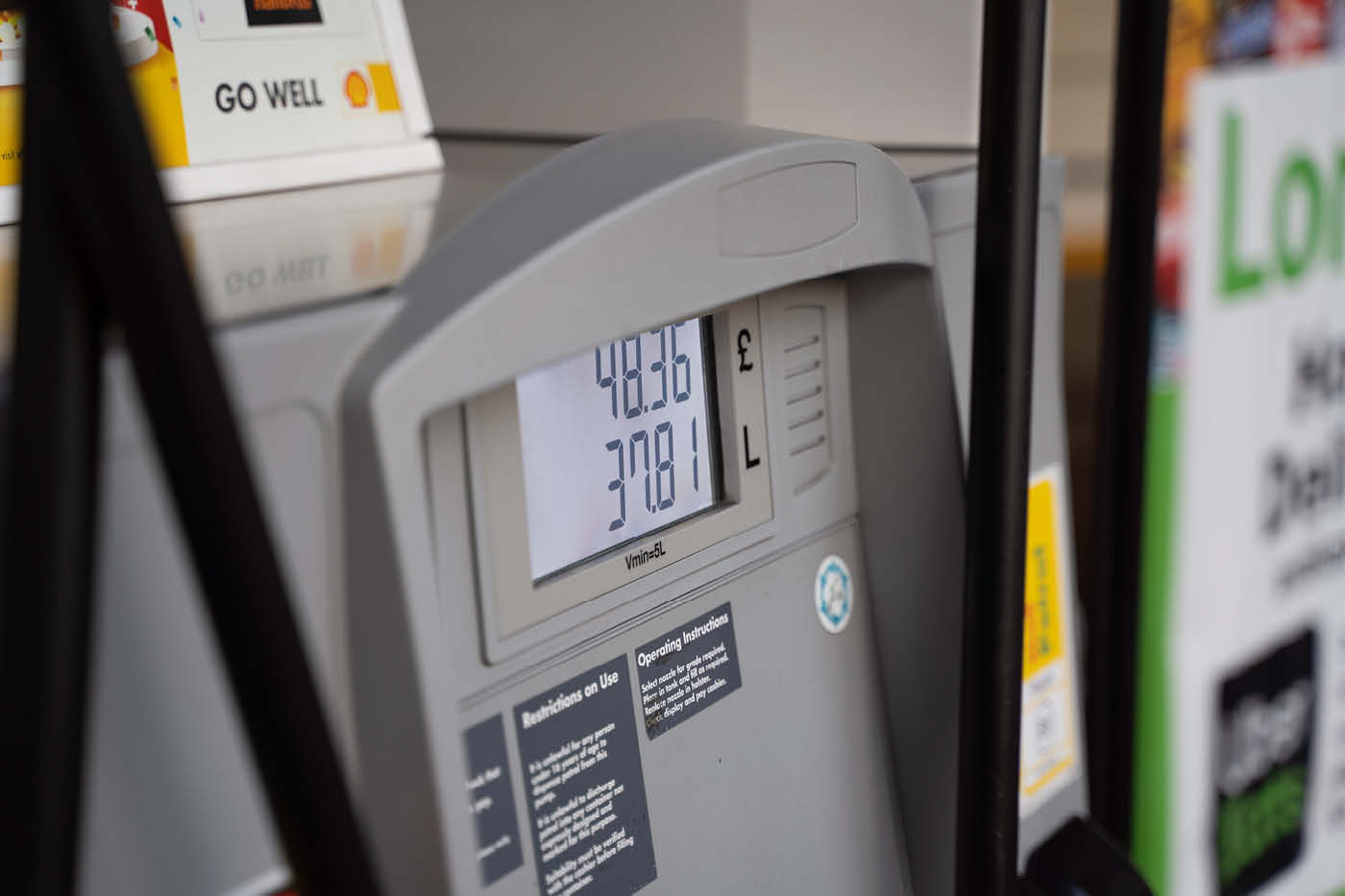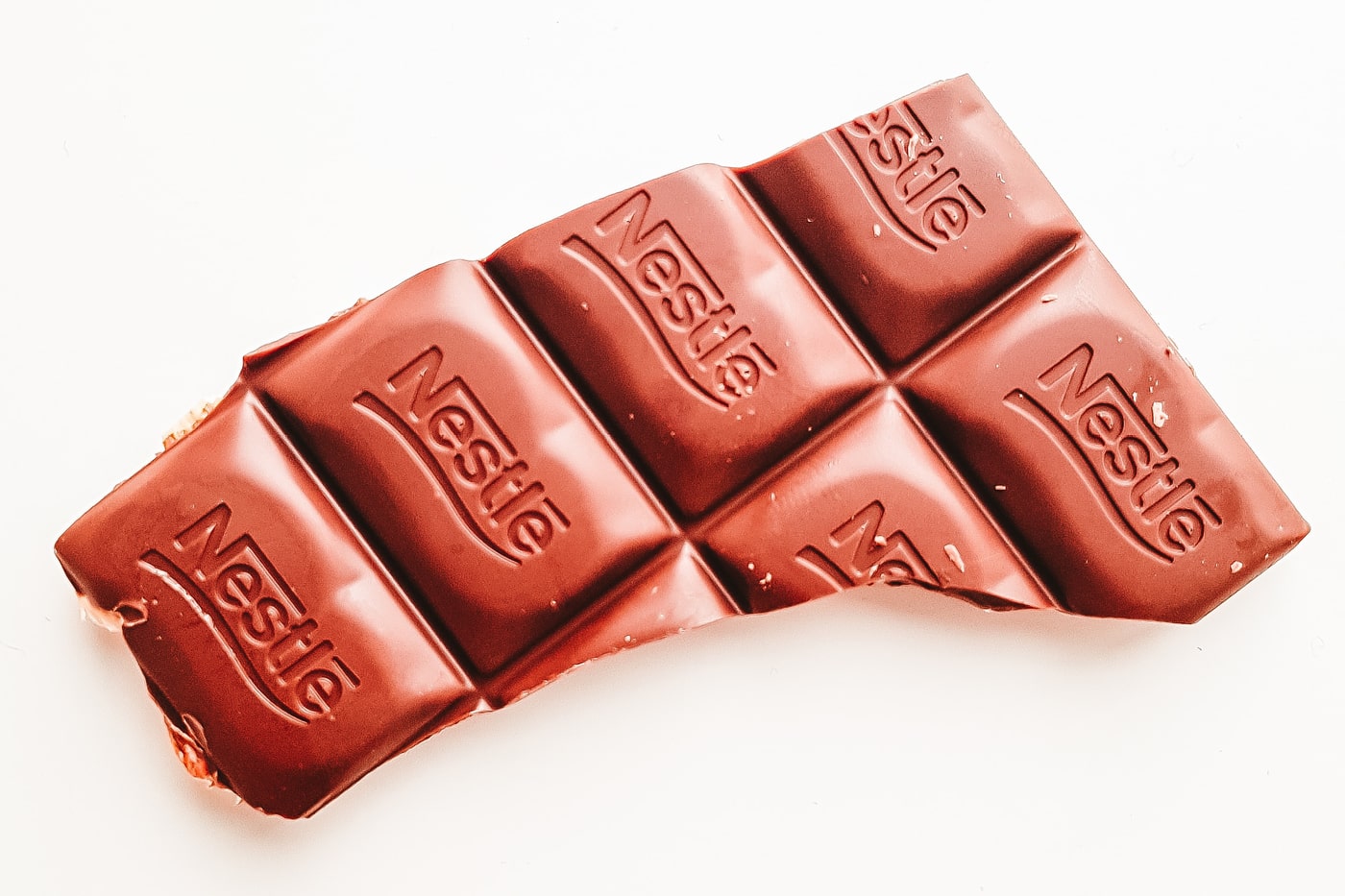Nigeria’s average daily petrol consumption has experienced a remarkable 28% decline since President Bola Tinubu made the crucial decision to eliminate the popular yet financially burdensome fuel subsidy at the end of May, according to data released by the Nigerian Midstream and Downstream Petroleum Regulatory Authority (NMDPRA).
The figures from NMDPRA indicate that average daily petrol consumption plummeted to 48.43 million litres in June, marking a notable drop from the previous average of 66.9 million litres. The decades-long subsidy, which had maintained affordable petrol prices in Africa’s largest economy, had been taking a heavy toll on the nation’s finances. Last year alone, the government’s expenditure on the subsidy amounted to a staggering $10 billion, leading to larger fiscal deficits and escalating government debt.
In addition to the significant reduction in petrol consumption, the discontinuation of the fuel subsidy has profoundly impacted neighbouring countries. A black market in Cameroon, Benin, and Togo, which heavily relied on smuggled petrol from Nigeria, has now collapsed.
The move to end the fuel subsidy has been met with support from the World Bank, which projected that Nigeria could save up to $5.10 billion this year by scrapping the subsidy and implementing foreign exchange (FX) reforms. Despite having spent $2.41 billion on the subsidy in the first five months, the long-term benefits are expected to outweigh the initial costs, enabling the country to tackle its fiscal challenges more effectively.



